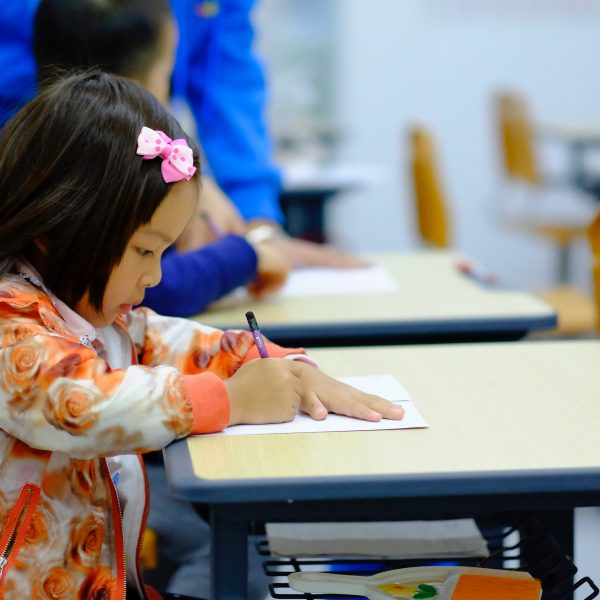Could US style summer programs play a role in boosting Australian children’s health?

With a long period of school holidays either already here or on the horizon for many Australian families, researchers have shared feedback about the impact that long days of unlimited screentime, unhealthy snacks and a lack of routine can have on children’s mental and physical health.
A new review of nearly 1,500 participants in outside school hours care (OSHC) and sporting club programs, conducted by the University of South Australia, has found that summer holiday programs can help children stay engaged and active, helping offset the hours they spend in front of a screen.
“Summer holidays are a prime time for children to take a break and enjoy some well-earnt downtime. But this is also when kids tend to be less active,” UniSA PhD researcher and Fulbright Scholarship recipient Emily Eglitis said.
“Screens are partly responsible for excess sedentary time, but so too is the change of pace, and the general nature of holidays – which is to rest, relax and have fun. The challenge is to keep kids active so that their health and wellbeing doesn’t suffer.”
Here, she said, summer holiday programs can be helpful.
“Holiday programs, camps, day activities and sports clinics all encourage children to be more active and connected with their peers, so they could be a great option to support physical and mental health over the school break,” she said.
“One of the reasons why we’re seeing positive results from summer programs is because they’re delivered in semi-structured environments like school – so they’re adult-supervised, segmented, and pre-planned – and children know what they’re doing and when.”
“The results show improved physical activity, fitness, and mental health for children, and importantly, are elevated among disadvantaged children from low socio-economic areas.”
With rates of childhood overweight, obesity, and mental health on the rise, researchers believe it’s critical to understand how different interventions can support children’s health and wellbeing.
For senior researcher Professor Carol Maher, US-style summer holiday programs have the potential to help children maintain healthy rates of exercise, social connections, and wellbeing over a time when they are often at a loose end.
“But the challenge is to shift people’s perceptions of these programs as enrichment or childcare services, to a space where they’re considered valuable, and supported public health interventions,” she said.
“In essence, summer programs are often expensive and the families and kids who need them most aren’t always able to access them.”
“We know summer holidays are a great time for kids to relax and have fun. But in today’s world of screens and technology, we must also encourage them to stay active, fit, and healthy over summer.”
The research team is now seeking participants to take part in a series of online surveys to better understand how summer holiday programs might work best in Australia. To find out more, please visit: https://forms.gle/9hSL7zQypQzkr56r7
Popular

Policy
Economics
Jobs News
Provider
Workforce
Children’s Services Award changes finalised to address gender-based undervaluation
2025-12-12 06:58:10
by Fiona Alston

Provider
Workforce
Quality
Fair Work Commission confirms forced resignation grounds in case involving early learning provider
2025-12-08 07:30:23
by Fiona Alston

Workforce
Quality
Practice
Provider
Research
How one teacher is using Little J & Big Cuz to build empathy, understanding and confidence in First Nations learning
2025-12-08 07:15:19
by Fiona Alston















